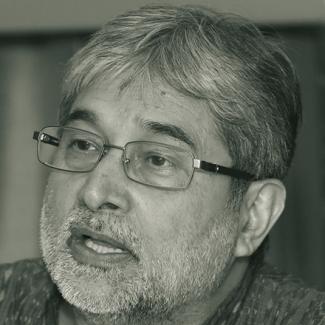Social protection
What independence leaders found impressive
 picture-alliance/ullstein
picture-alliance/ullstein
Important independence leaders like Jawaharlal Nehru in India, Kwame Nkrumah in Ghana or Julius Nyerere in Tanzania, to name only three, were well versed in the evolution of Europe’s social-protection charters. These great statesmen were determined to achieve something similar, fully aware of facing much greater challenges. Obviously, their countries struggled with greater poverty. Productivity, education levels, infrastructure – everything was poorer in the Third World, yet progressive discourses were never in short supply.
Of course, countries of the capitalist South still have much lower levels of social protection, with a few cases in Latin America and East Asia being better than most. Generally speaking, the gap between the countries of the South and the advanced capitalist regions continues to be wide – both in terms of what share of the people is covered and how much money is spent. As a rule of thumb, the GDP share of social spending is five times higher in western Europe than it is in Africa, Asia and the Pacific region.
Market-orthodoxy has triggered a race to the bottom everywhere. The European social model is no longer setting examples.

